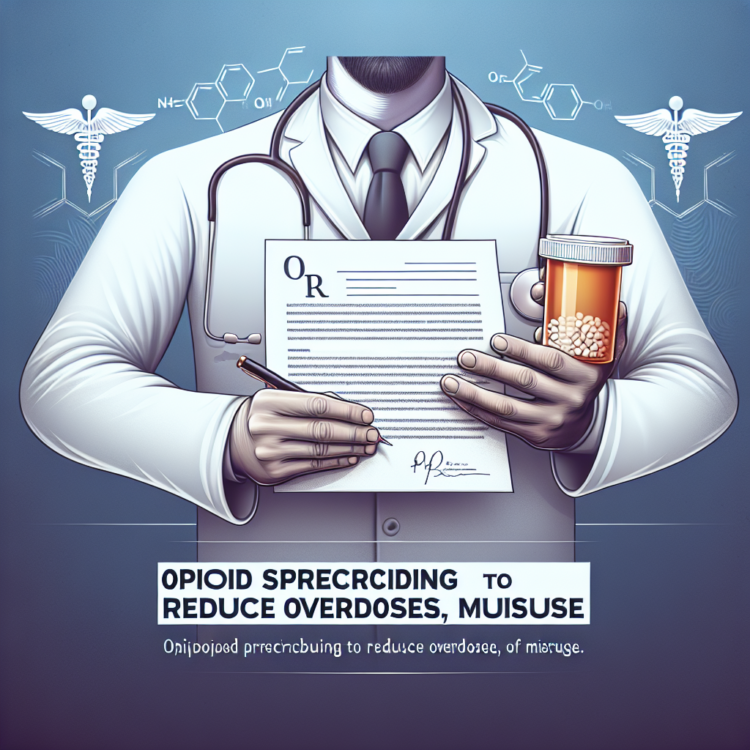New research aims to help reduce the quantity of unused prescription opioids after emergency department visits and lessen the risk of opioid misuse and overdose. The study is published in CMAJ (Canadian Medical Association Journal) https://www.cmaj.ca/lookup/doi/10.1503/cmaj.231640.
New research aims to help reduce the quantity of unused prescription opioids after emergency department visits and lessen the risk of opioid misuse and overdose. The study is published in CMAJ (Canadian Medical Association Journal) https://www.cmaj.ca/lookup/doi/10.1503/cmaj.231640.
Overprescribing is linked to opioid misuse and overdose, with household supplies of opioids associated with an increased risk of overdose, as many people do not dispose of unused medications safely. In Canada, more than 7500 people died of opioid overdoses in 2021, and more than 68 000 people died in the United States in 2020 from these drugs.
A team from the Network of Canadian Emergency Researchers conducted a study at 7 emergency departments (6 academic tertiary care hospitals and 1 community hospital) in Quebec and Ontario to determine the ideal quantity of prescription opioids to control pain in patients discharged from emergency departments and reduce unused opioids available for misuse.
“As higher quantities of prescribed opioids are associated with higher quantities of consumed opioids, it is important to adapt opioid prescription practices to patients’ analgesic needs for specific acute pain conditions while minimizing the number of unused opioid tablets that can be diverted or misused,” writes Dr. Raoul Daoust, Centre intégré universitaire de santé et de services sociaux (CIUSSS) du Nord-de-l’Île-de-Montréal, Hôpital du Sacré-Coeur-de-Montréal, and the Department of Family and Emergency Medicine, Université de Montréal, Montréal, Quebec, with coauthors.
The study included 2240 participants, with a median age of 51 years, who were asked in 14-day diaries and follow-up phone interviews if they filled their prescriptions, how many pills of opioids they took (converted to 5 mg morphine per tablet), and if they filled any new prescriptions. Half of participants received a prescription of 16 tablets or more, and 63% of these were not used. Consumption of opioids was low, half of patients consumed fewer than 5 tablets, and consumption varied significantly by type of pain condition.
“The authors suggest that clinicians could adapt prescribing quantity to the specific condition causing pain, based on estimates to alleviate pain in 80% of patients for 2 weeks, with the smallest quantity for kidney or abdominal pain (8 tablets) and the highest for back pain (21 tablets) or fractures (24 tablets), and add an expiry date for use (e.g., 3, 7, or 14 days). Furthermore, since half of participants consumed even smaller quantities, pharmacists could provide half this quantity (partitioning) to further reduce unused opioids available for misuse.
“Opioid prescribing requirements to minimize unused medications after an emergency department visit for acute pain: a prospective cohort study” is published July 15, 2024.
Journal
Canadian Medical Association Journal
Method of Research
Survey
Subject of Research
People
Article Title
Opioid prescribing requirements to minimize unused medications after an emergency department visit for acute pain: a prospective cohort study
Article Publication Date
15-Jul-2024




